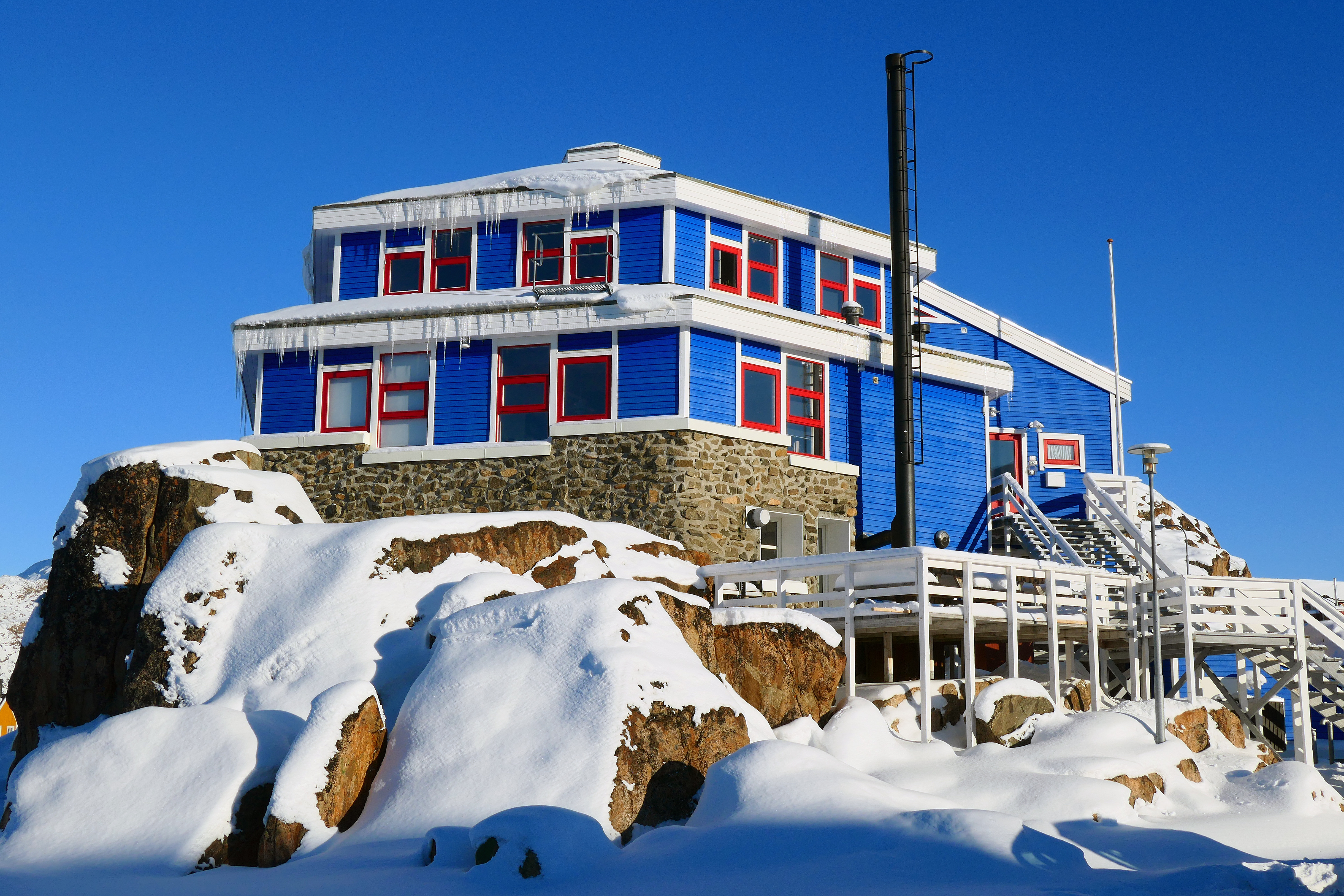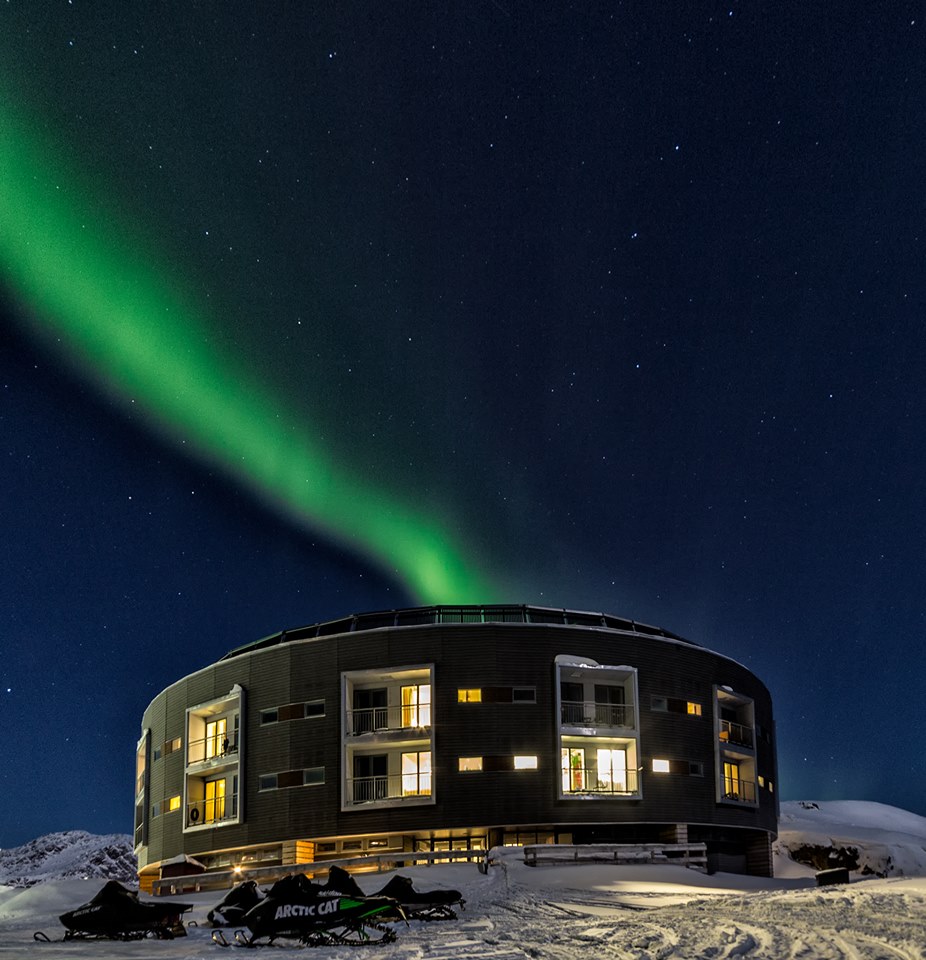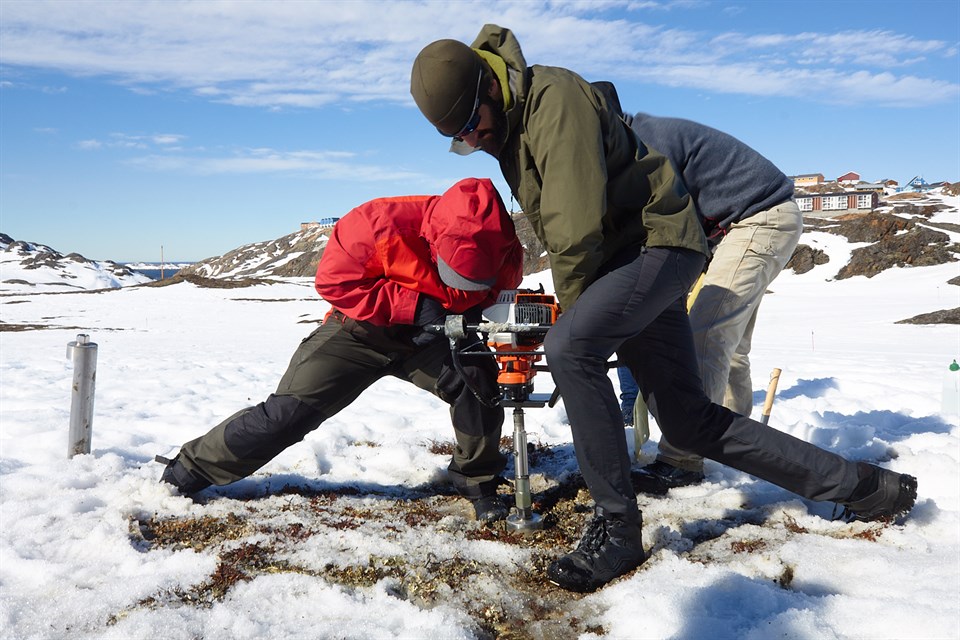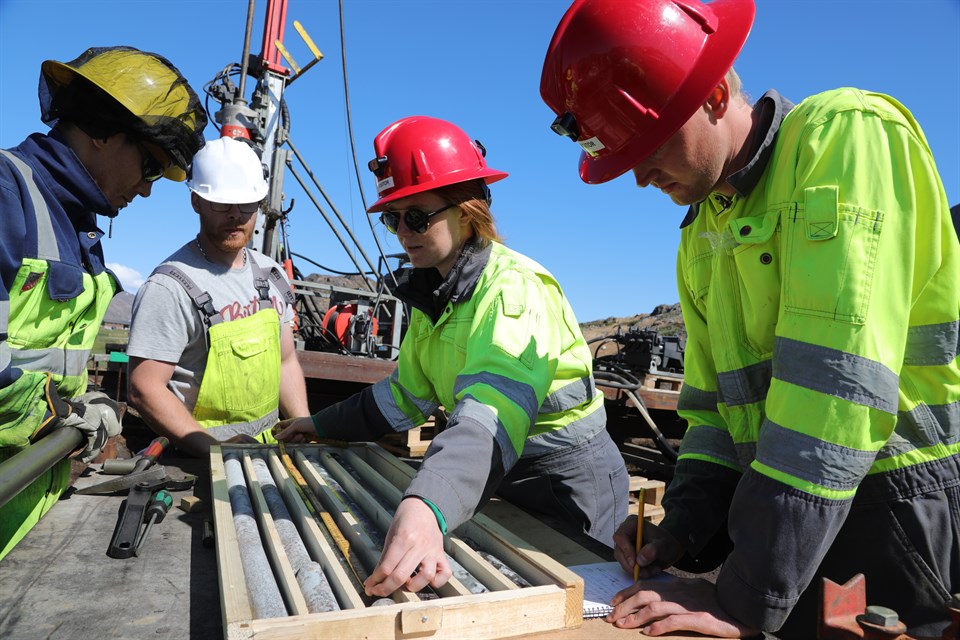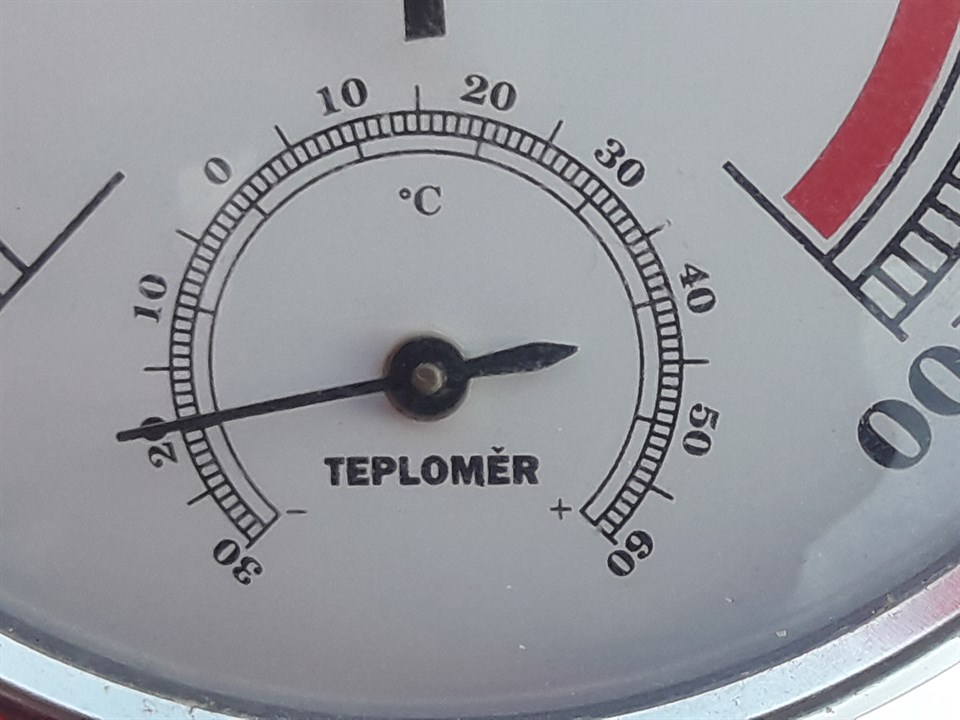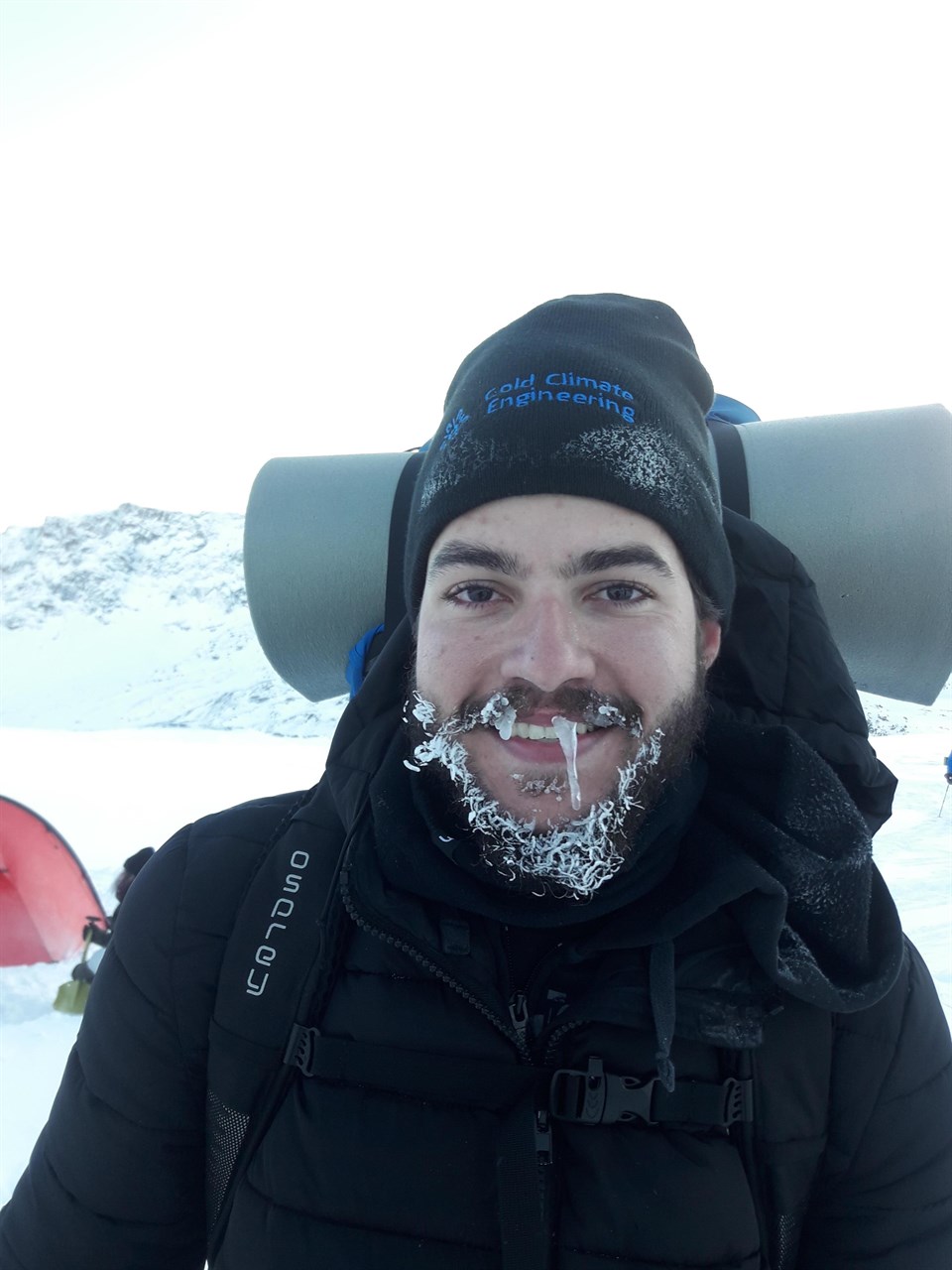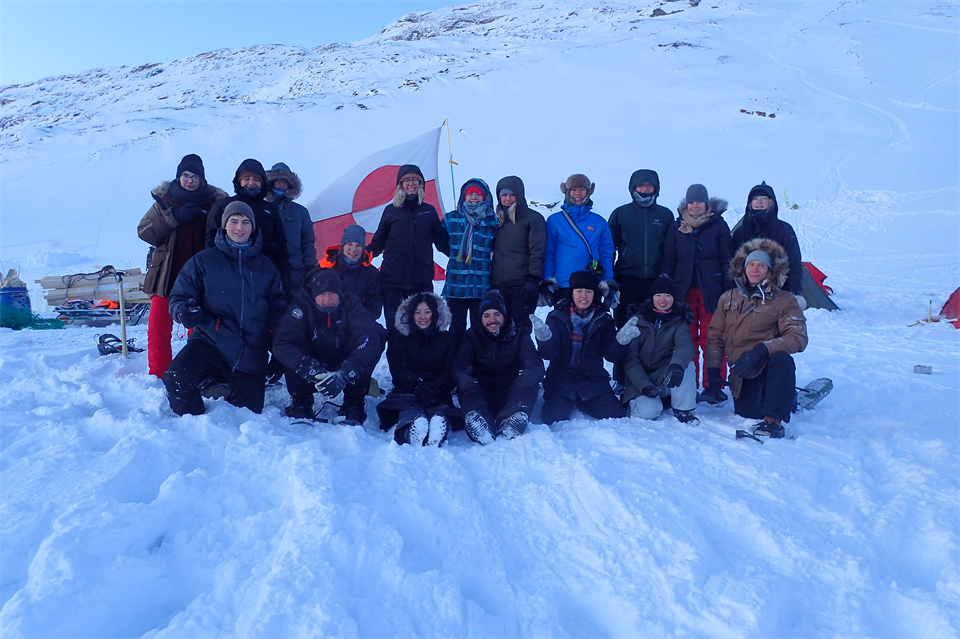Application
For DTU students
You apply for enrollment by filling out the application form in the link below before 1 October 2025.
For exchange students
You apply for enrollment for the Arctic Semester by filling out the application form in the link above before 1 October 2025
The Arctic Semester is part of the curriculum for the Master of Science in Civil Engineering, Architectural Engineering and Environmental Engineering at DTU. The semester is also part of the Nordic Master in Cold Climate Engineering. Students from these programs have first priority for the seats in the semester.
Students with other relevant backgrounds can also apply, but should be aware that some extracurricular work can be expected prior to the courses 41881/12854 to fulfill the course requirements.
We recommend that students apply for the entire semester. However, it is also possible to follow the first part of the semester (courses 41882, 30857, and 12856) or the last part (course 41881 or 12854). Only students from BEng Arctic Civil Engineering and Nordic Master in Cold Climate Engineering –Space track are allowed to take single courses in the first part of the semester.
The first courses could be taken by DTU bachelor students on the last semester e.g. in combination with their bachelor's thesis.
If you live and work in Greenland or other Arctic countries and are an EU/EEA citizen, you can take the courses individually under Open University, if seats are available.
There is a limited number of seats for the semester, depending on physical space at Arctic DTU Campus Sisimiut. Full-semester students have first priority, followed by MSc students and then BSc students.
Fees and tuition
Tuition is free for students from universities with a bilateral student exchange agreement with DTU.
For students from universities without a bilateral student exchange agreement with DTU the following rules apply: EU/EEA students can enroll through Open University and pay fees, for non-EU/EEA citizens, you’ll need a permanent residence permit for Denmark to apply for the courses through Open University and pay fees.
More information about fees and how to pay them are found here.
Deadline
Deadline for application is 1 October 2025.

